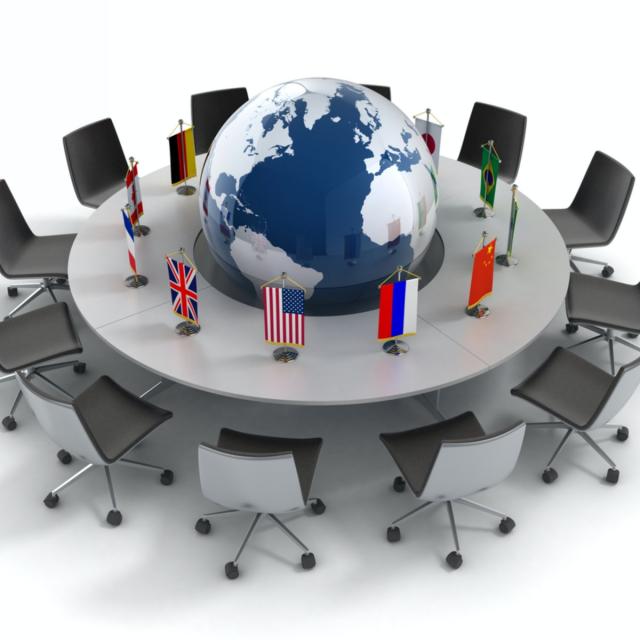MOOC List is learner-supported. When you buy through links on our site, we may earn an affiliate commission.

MOOC List is learner-supported. When you buy through links on our site, we may earn an affiliate commission.
The course is aimed broadly at people interested in learning more about the United Nations system, assuming a level of interest but no necessary previous knowledge, whilst also offering offering sufficient up to date research and new critical perspectives that it will also be of interest to people with more expertise or academic familiarity with the topic as well.
The main aim of the course is to provide this wide-ranging introduction in a self-contained, but in-depth form, alongside the important practical skills necessary to understand and discuss UN affairs, and potentially lay the groundwork for greater engagement in future – either in civil society or in further study.
Syllabus
WEEK 1
Introduction
An overview of the MOOC
WEEK 2
The UN Today: what is it?
This week will introduce the idea of the United Nations as a system of more-or-less connected agencies that exist to address a wide range of world problems, and provide an overview of how different parts fit together to constitute the modern United Nations system.
WEEK 3
Where did the United Nations come from, and why?
This week will provide an overview of the historical circumstances of the beginning of the UN – what early UN agencies were, what were the influential powers and groups at the early negotiations, and what values the UN was founded on, with comparisons to modern-day approaches.
WEEK 4
Power in international politics: how does the UN Security Council work?
This week will use the UN Security Council as a primer to the issue of relative power in international institutions. After examining the structure and operations of the Council, it will encourage students to examine the fundamental issues that determine its existence, including the status of the five permanent members, its ability to carry out its function, and the prospects for reform.
WEEK 5
What is the place of human rights in international politics?
This week will address the question of human rights at the UN, introducing the basic documents and declarations that underpin much UN activity. It will introduce the wide range of UN declarations on this topic, how they came about, and then examine potential criticisms of modern UN conceptions of human rights.
WEEK 6
Emergency help: how does the UN respond to crises?
This week will introduce the family of UN agencies involved in humanitarian work, and begin to unpack their relationships with each other and role in responding to conflict.
WEEK 7
Where next for the UN? [OPTIONAL]
In this week, students will have a chance to review and draw together what they have learned over the previous weeks, and develop analysis skills when assessing how different priorities. This exercise will also introduce the issue of practicality and organisational politics to it, giving students an opportunity to consider how the issues they have examined might be affected by the process of implementation.
MOOC List is learner-supported. When you buy through links on our site, we may earn an affiliate commission.
MOOC List is learner-supported. When you buy through links on our site, we may earn an affiliate commission.
